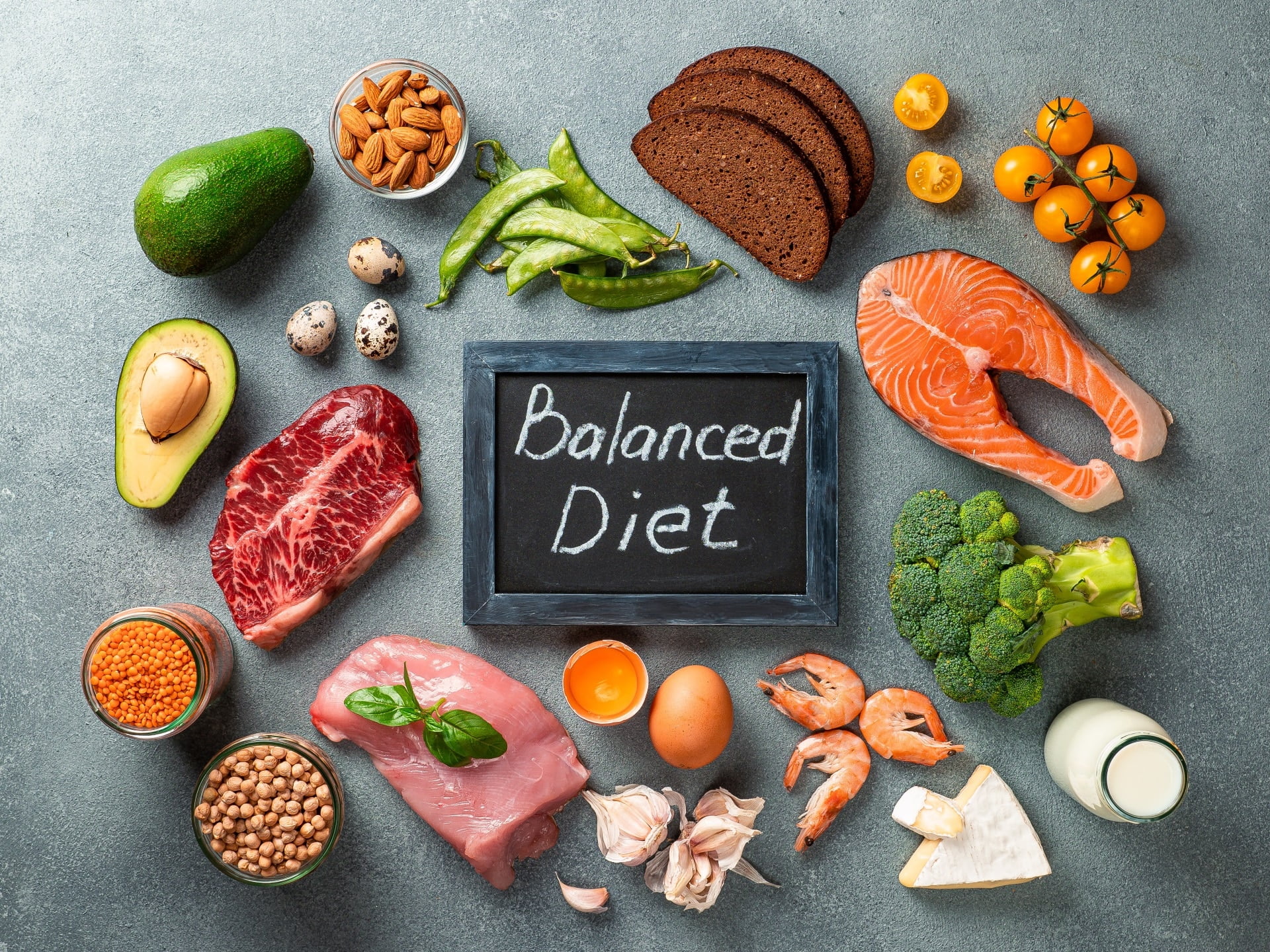
The Ultimate Guide to Balanced Nutrition
Discover how balanced nutrition fuels your body, enhances health, and supports well-being with essential tips and meal ideas.
Understanding Balanced Nutrition
Balanced nutrition is the cornerstone of a healthy lifestyle. It involves consuming the right proportions of macronutrients—proteins, carbohydrates, and fats—along with essential micronutrients like vitamins and minerals. Achieving balanced nutrition isn't about strict dietary limitations or depriving yourself of the foods you love. Instead, it's about ensuring your body receives the necessary nutrients to function optimally. This balance can help maintain a healthy weight, reduce the risk of chronic diseases, and promote overall well-being. A diet rich in whole foods, such as fruits, vegetables, lean proteins, and whole grains, is often recommended. Understanding the role of each nutrient and how they interact can empower you to make informed food choices that benefit your health in the long term.
The Role of Macronutrients
Macronutrients are the nutrients your body needs in large amounts. Proteins are essential for building and repairing tissues, carbohydrates provide energy, and fats support cell growth and protect organs. Each of these macronutrients plays a unique role in maintaining bodily functions. For instance, carbohydrates are the body's primary energy source, but not all carbs are created equal. Whole grains and fiber-rich vegetables are preferable over refined sugars and processed foods. Similarly, while fats are often vilified, healthy fats found in avocados, nuts, and fish are crucial for brain health and hormone production. Proteins, found in meats, beans, and legumes, are vital for muscle development and repair. Striking the right balance among these macronutrients can significantly influence your energy levels, metabolism, and overall health.
Importance of Micronutrients
While macronutrients are needed in larger quantities, micronutrients are equally essential for health, albeit required in smaller amounts. These include vitamins and minerals that support various bodily functions, from bone health to immune system efficiency. For example, calcium and vitamin D are crucial for maintaining strong bones, while iron supports oxygen transport in the blood. A deficiency in any of these can lead to health issues, such as anemia or osteoporosis. Incorporating a variety of colorful fruits and vegetables into your diet can help ensure you receive a wide range of vitamins and minerals. Additionally, certain foods, like dairy products and leafy greens, are excellent sources of essential micronutrients. Paying attention to these smaller yet significant components of your diet can enhance your health and prevent nutritional deficiencies.
The Benefits of a Diverse Diet
A diverse diet is integral to achieving balanced nutrition. Eating a wide range of foods ensures that you obtain a broad spectrum of nutrients. Variety is key, as it not only keeps meals interesting but also helps cover the nutritional bases that a monotonous diet might miss. Different foods provide different nutrients; for example, citrus fruits are rich in vitamin C, while nuts and seeds offer healthy fats and proteins. Including a variety of food groups in your meals can help balance nutrient intake and support overall health. Additionally, a diverse diet can improve gut health by promoting a healthy microbiome, which is essential for digestion and nutrient absorption. By embracing diversity in your food choices, you can enjoy both the health benefits and the culinary delights that a balanced diet offers.
Portion Control and Mindful Eating
Portion control is a critical component of balanced nutrition. Eating the right amounts of different foods helps maintain energy levels and prevent overconsumption, which can lead to weight gain. Mindful eating involves being aware of your hunger cues and making conscious food choices. This practice encourages you to savor each bite, leading to greater satisfaction with smaller portions. It's also important to recognize when you're full to avoid unnecessary calorie intake. Mindful eating can be especially beneficial in a world where fast food and oversized portions are common. By focusing on portion sizes and eating slowly, you can enjoy your meals more and prevent overeating. This approach not only supports a balanced diet but also fosters a healthier relationship with food.
Planning for Long-term Success
Achieving balanced nutrition is not a one-time effort but a lifelong commitment. Planning meals and setting realistic goals can help sustain a nutritious diet over time. Start by creating a meal plan that incorporates a variety of foods, ensuring you get all necessary nutrients. Preparation is key; having healthy snacks on hand can prevent unhealthy choices when hunger strikes. It's also helpful to stay informed about nutrition to make educated decisions about your diet. Remember, it's normal to have occasional indulgences, but moderation is crucial. Balance is about making healthier choices most of the time and allowing flexibility when needed. By integrating these practices into your daily routine, you can enjoy the benefits of balanced nutrition throughout your life.